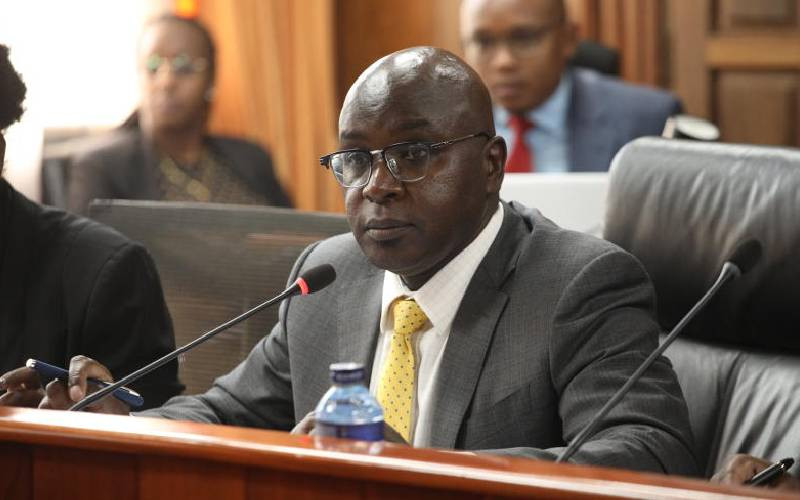×
The Standard e-Paper
Stay Informed, Even Offline

The Kenya Revenue Authority (KRA) has called on the national government to support counties in developing, implementing, and rolling out an Integrated County Revenue Management System (ICRMS).
The Senate was informed that the ICRMS, alongside other revenue-enhancement strategies, contributed to Nairobi City County's record revenue collection of Sh12.81 billion in the 2023/2024 financial year-the highest since the onset of devolution.